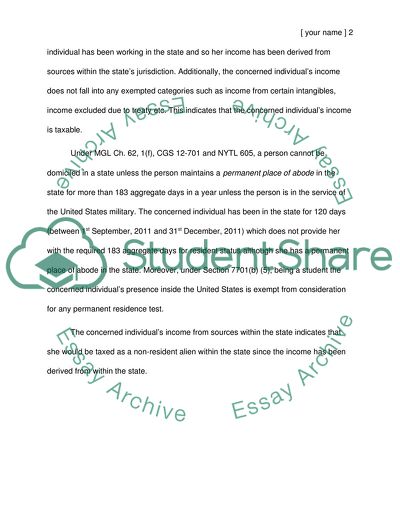Cite this document
(US Residency Status & Source of Income Rules (Taxation) Essay, n.d.)
US Residency Status & Source of Income Rules (Taxation) Essay. https://studentshare.org/finance-accounting/1799613-us-residency-status-source-of-income-rules-taxation
US Residency Status & Source of Income Rules (Taxation) Essay. https://studentshare.org/finance-accounting/1799613-us-residency-status-source-of-income-rules-taxation
(US Residency Status & Source of Income Rules (Taxation) Essay)
US Residency Status & Source of Income Rules (Taxation) Essay. https://studentshare.org/finance-accounting/1799613-us-residency-status-source-of-income-rules-taxation.
US Residency Status & Source of Income Rules (Taxation) Essay. https://studentshare.org/finance-accounting/1799613-us-residency-status-source-of-income-rules-taxation.
“US Residency Status & Source of Income Rules (Taxation) Essay”. https://studentshare.org/finance-accounting/1799613-us-residency-status-source-of-income-rules-taxation.


